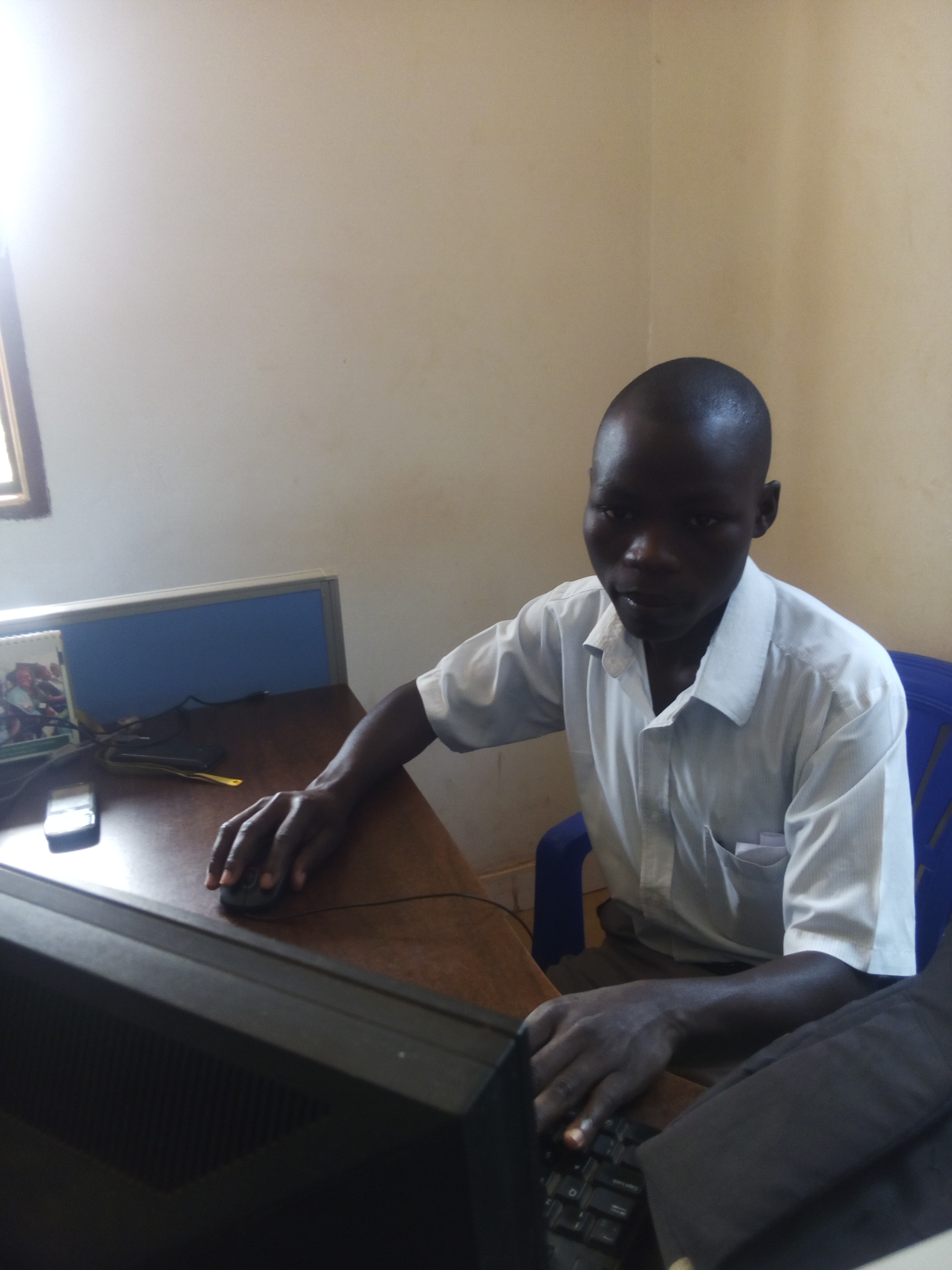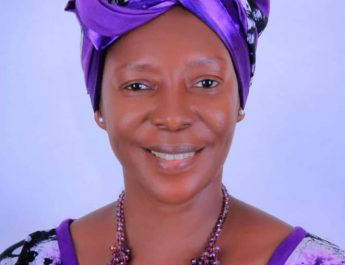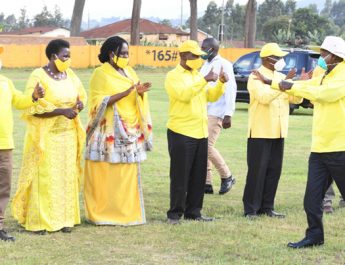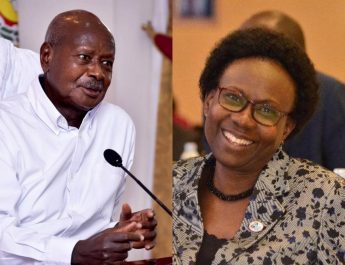The World Health Organisation is reviewing the impact of a decision by the United States of America, to withdraw funding to the UN health agency, pending a review of how it responded to the initial outbreak of Coronavirus Disease in China.
Describing the decision as regrettable, the head of the World Health Organization Dr Tedros Adhanom Ghebreyesus said that in due course, WHO’s performance in tackling this pandemic will be reviewed by WHO’s Member States and the independent bodies that are in place, to ensure transparency and accountability.
He added that the agency has begun working with partners to fill any resulting financial gaps, to ensure that its activities can continue uninterrupted, as they lead a campaign to tackle the COVID-19 pandemic: a “dangerous enemy” to all humanity.
“COVID-19 does not discriminate between rich nations and poor, large nations and small. It does not discriminate between nationalities, ethnicities or ideologies”, he said. “Neither do we. This is a time for all of us to be united in our common struggle against a common threat.
Dr Tedros upheld WHO’s fundamental and founding commitment to public health and to science, and its mandate to work with all nations on equal terms.
Research continues into medicines to treat the new coronavirus disease, Tedros said, in an update on the “Solidarity Trial” launched on 18 March. So far, more than 90 countries have either joined or expressed interest in the initiative to compare the effectiveness of four treatment options, with more than 900 patients enrolled.
“Three vaccines have already started clinical trials, more than 70 others are in development, and we’re working with partners to accelerate the development, production and distribution of vaccines”, said Tedros. WHO has also convened groups of clinicians to study the impact of corticosteroids and other anti-inflammatory drugs on treatment outcomes.
“Specifically, we are looking at oxygen use and ventilation strategies in patients”, he said, adding that “any intervention that reduces the need for ventilation and improves outcomes for critically ill patients is important – especially in low-resource settings, to save lives”.
Meanwhile Dr Maria van Kerhkove of WHO’s Emerging Diseases and Zoonosis Unit, recalled that the agency has replaced the expression “social distancing” with “physical distancing” to emphasize the importance of human contact. She also provided ways people can mind their mental health at this time, such as staying physically active, meditating, and taking time for themselves.
“There’s no lockdown on laughter; there’s no lockdown on
talking to your family and finding ways to connect,” she said.

The News Editor ,Reporter at Kagadi Kibaale community Radio



